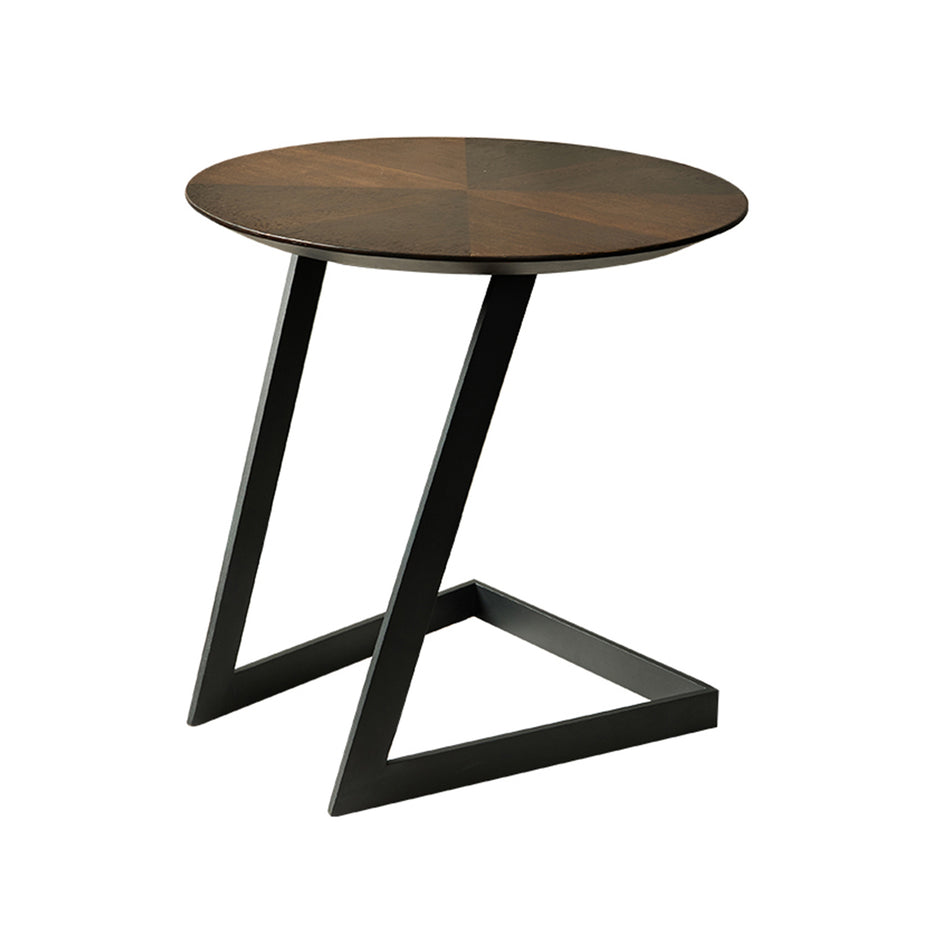The modern minimalist coffee table has become a staple in contemporary interior design, reflecting a shift towards simplicity and functionality. This article delves into the evolution of this essential piece of furniture, exploring its design trends and the inspirations behind its minimalist aesthetic.

Understanding the Modern Minimalist Coffee Table
At its core, the modern minimalist coffee table embodies the principles of minimalism: clean lines, uncluttered surfaces, and a focus on essential forms. But what exactly defines this style? Typically, these tables are characterised by:
- Simple geometric shapes
- Neutral colour palettes
- Natural materials such as wood, glass, or metal
- Functional design that prioritises usability
These elements work together to create a piece that not only serves a practical purpose but also enhances the overall aesthetic of a living space.
Design Trends Influencing Modern Minimalist Coffee Tables
Over the years, various design trends have influenced the evolution of the modern minimalist coffee table. One notable trend is the integration of multifunctionality. Many contemporary designs now incorporate storage solutions, allowing the table to serve as both a surface for drinks and a discreet storage space for magazines or remote controls. This duality is essential in today’s compact living environments.
Another trend is the use of sustainable materials. As environmental awareness grows, designers are increasingly opting for eco-friendly materials, such as reclaimed wood or recycled metals. This not only contributes to a more sustainable future but also adds a unique character to each piece.
Inspirations Behind Minimalist Designs
The inspirations for the modern minimalist coffee table often stem from various artistic movements, including Bauhaus and Scandinavian design. These movements emphasise functionality and simplicity, encouraging designers to strip away unnecessary embellishments. For instance, the Scandinavian approach often incorporates light woods and soft hues, creating a warm yet minimalist vibe.
Moreover, the Japanese philosophy of 'Wabi-Sabi', which finds beauty in imperfection, has also influenced modern designs. This philosophy encourages the use of natural materials that may show signs of wear, adding a layer of authenticity and warmth to minimalist interiors.
Choosing the Right Modern Minimalist Coffee Table
When selecting a modern minimalist coffee table, consider the following factors:
- Size: Ensure the table fits comfortably within your space without overwhelming it.
- Material: Choose materials that complement your existing decor while aligning with your sustainability values.
- Functionality: Assess whether you need additional storage or multifunctional features.
- Style: Look for designs that resonate with your personal aesthetic while adhering to minimalist principles.
By keeping these considerations in mind, you can select a coffee table that not only serves its purpose but also enhances your living space.
Conclusion
The modern minimalist coffee table has evolved significantly, influenced by various design trends and philosophies. As you explore your options, remember that this piece of furniture can be both functional and a statement of style. Embrace the beauty of minimalism and let your coffee table reflect your unique taste.







